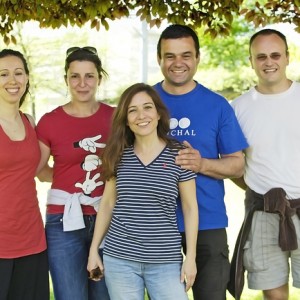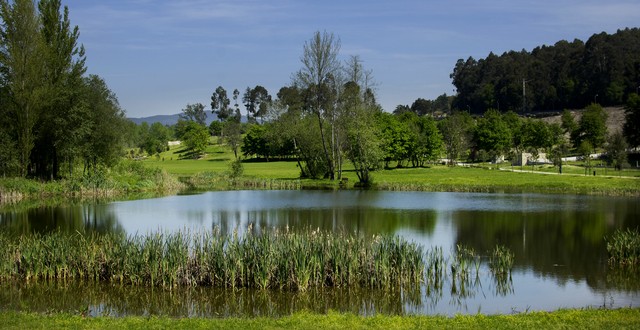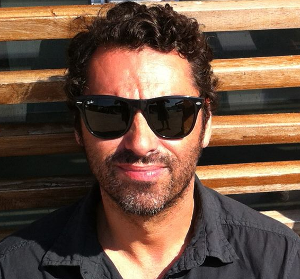For a long time, people have been warning about the exhaustion of large-scale industrial production threatened by factors of a natural, social and environmental nature. The worst-case scenarios will force the vast majority of people to radically alter their lifestyles. Oil-based products, and their highly polluting derivatives, are to be found everywhere in the daily lives of people in the big cities. If there is a break in supplies, it will occur suddenly.

It was with this in mind that the group Famalicão in Transition was formed in 2011, says Manuela Araújo, the main driving force behind a group of volunteers that has already been actively involved in environmental work.
A large number of people are looking for solutions outside the system because it doesnt guarantee them the conditions for survival. And it is above all the psychological and emotional aspect that needs to be worked on in a context of crisis and change. This could be an opportunity for increasing numbers of people to ask questions of themselves and of the system. Here, people know that they are not alone, says agricultural engineer Ricardo Ferreira.
The group is still small, but cohesive, with about 20 members; they have not yet formed an association nor registered in the transition network(1). But they believe that good leadership is a necessary condition for people to give their best. The members of a group function better if they apply the principles of team work. The success of an organisation stems from the collective, from horizontal organisation, and wearing the shirt should promote a culture of employeeship(2), a concept which we are aware of, but which we are not yet bound to.
(2) www.en.wikipedia.org/wiki/Employeeship
Contacts:
https://www.facebook.com/pages/Famalicão-em-Transição/181423171918377
Further information:
www.permaculturaportugal.ning.com/group/famalicao-em-transicao?
www.famalicaomelhor.blogspot.pt/p/famalicao-em-transicao.html
 Eco123 Revista da Economia e Ecologia
Eco123 Revista da Economia e Ecologia



